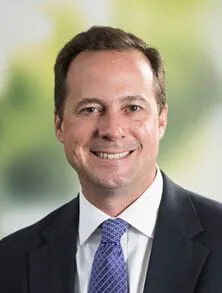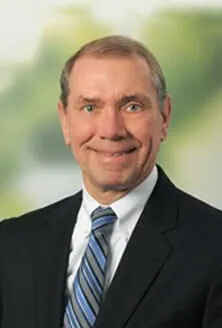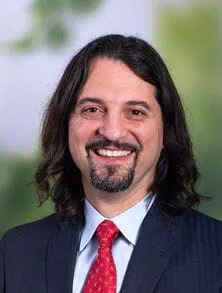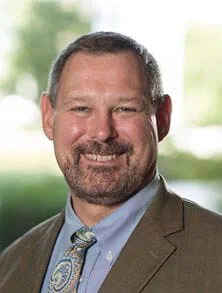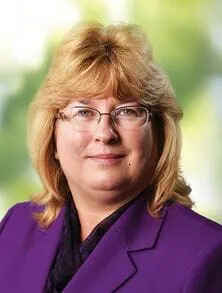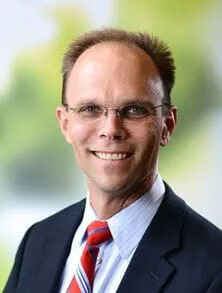About Bon Secours – ACT and New Phases – Baltimore
Bon Secours – ACT/New Phases provides mental health and case management, as well as outreach services to homeless and transient individuals. Bon Secours – ACT/New Phases is located in Baltimore, Maryland.
At Bon Secours they recognize the human dignity and spiritual value of each individual they serve. It is their mission to instill hope in the lives of others and to promote their mental, spiritual, and physical wellbeing. It is their purpose to liberate their patients to reach their full potential by building therapeutic relationships based on mutual respect and trust, and by using creative and innovative best practices.
Support services include personal development, social skills training and community integration. Additional services include medication management, vocational training and job placement. Vocational training is provided tin the area of food preparation and catering, clerical and computer jobs and maintenance repair.

